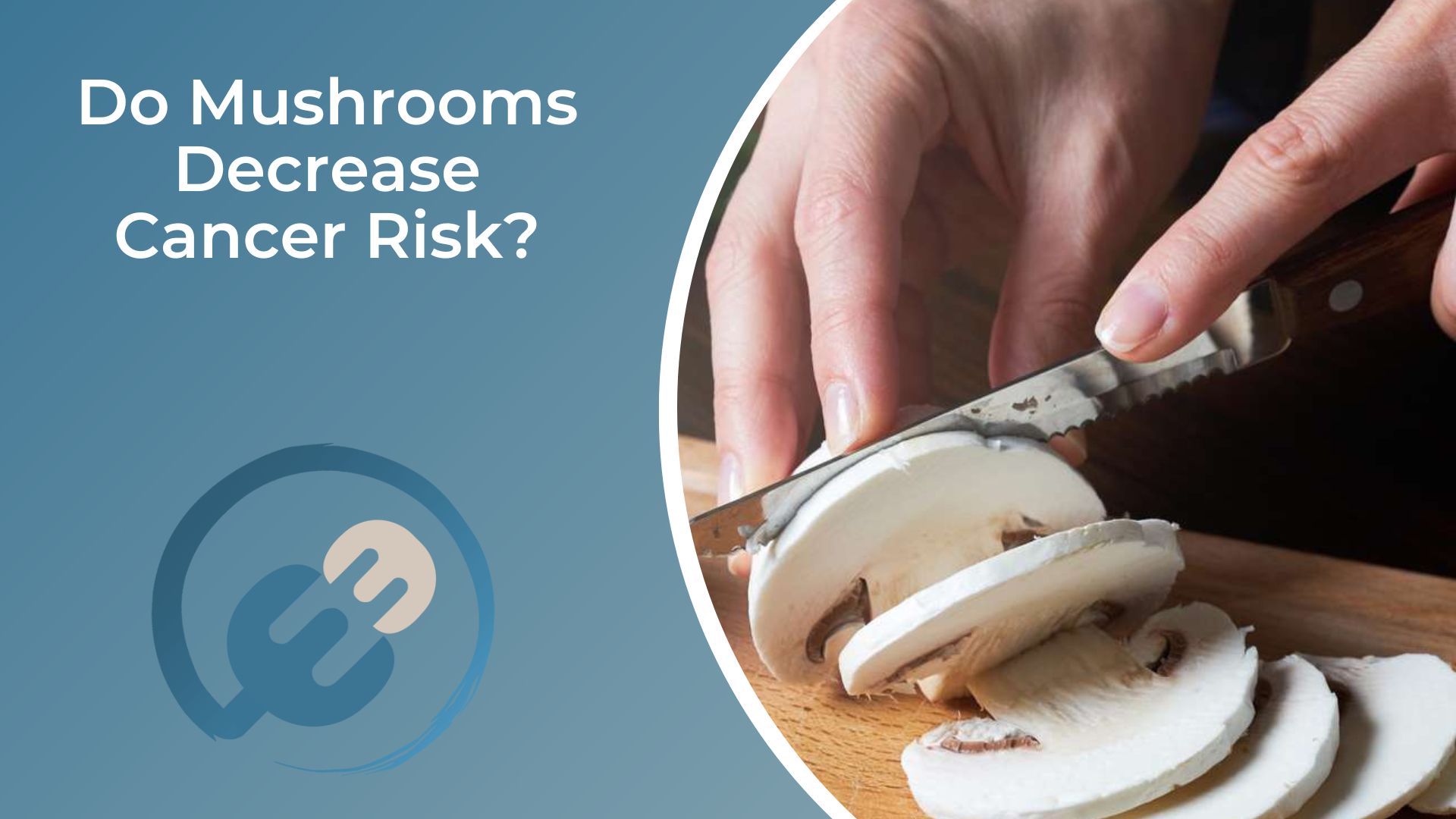People worldwide have used medicinal mushrooms to treat infections for hundreds of years. Today, individuals also use mushrooms to treat lung conditions and cancer.
For example, a case presentation suggests that a mushroom extract containing Agaricus blazei Murill Kyowa or ABMK may help improve the condition of a mesothelioma patient.
Mesothelioma is a rare cancer type linked to asbestos exposure and diagnosed at an advanced stage. There are four mesothelioma stages, and each may show different symptoms.
Understanding these stages may help individuals choose suitable mesothelioma treatments. Existing approaches include standard treatments like chemotherapy and radiation therapy and complementary treatments like mushroom supplements.
Meanwhile, can mushrooms reduce cancer risk? What are some mushrooms that may help lower the risk of cancer?
This article discusses how specific mushrooms may help lower the risks of common and rare cancer types.
Can Mushrooms Reduce Cancer Risk?
A meta-analysis and systematic review of 17 published cancer studies from January 1966 to October 2020 showed that higher mushroom consumption might correlate with lower cancer risk.
In Japan and China, many people use medicinal mushrooms to complement standard treatments like radiation therapy and chemotherapy.
There are various ways mushrooms may help lower the risks of cancer.
For instance, mushrooms are a good source of antioxidants, fiber, and minerals. These organisms can also provide appreciable amounts of vitamin D.
One study from the Journal of the American Medical Association (JAMA) suggested that vitamin D may help reduce tumor growth and spread.
As noted above, mushrooms are also rich in antioxidants and fiber.
Antioxidants help protect cells from damage that can result in cancer. While the body can naturally produce antioxidants, it still relies on some vegetables, fruits, and grains to get the rest of its required antioxidants.
At the same time, mushrooms also contain beta-glucans. This soluble fiber may help activate the immune system and help the body fight cancer, infection, or other illnesses.
In Asia, people use more than 100 medicinal mushrooms to treat cancer. These mushrooms include:
- Coriolus versicolor or Trametes versicolor (turkey tail)
- Grifola frondosa (maitake)
- Ganoderma lucidum (reishi)
- Lentinus edodes (shiitake)
Mushrooms like turkey tail and reishi may help reduce the risk of lung and colorectal cancer.
Mushrooms and Rare Cancer Conditions
“Rare cancer” refers to a tumor affecting a tiny proportion of the population across all age groups.
The United States National Cancer Institute considers a cancer type rare if it affects fewer than 40,000 people yearly. Usually, rare cancer conditions are subtypes of more common cancers like breast, prostate, bowel, and lung cancers.
Here are two rare cancer types and mushroom types that might help reduce each condition’s risks:
- Small bowel adenocarcinoma This cancer type affects a portion of the small intestine near the stomach.
A study in Brazil indicated that the Agaricus sylvaticus mushroom (blushing wood mushrooms) may help improve the condition of people who have undergone bowel cancer surgery.
- Relapsed or metastatic anal cancer: This cancer condition affects the anus. Shiitake mushrooms may help prevent anal cancer recurrence by removing HPV (human papillomavirus) infections.
The CDC (Centers for Disease Control and Prevention) reports that HPV may have caused about 91% of anal cancer incidences in the U.S.
A 2022 study from Frontiers in Oncology indicated that a shiitake-based mushroom extract may help eliminate persistent HPV infections.
Other mushroom types that may help lower cancer risks include maitake and Phellinus linteus mushrooms.
Researchers continue to study the impact of specific mushrooms on particular cancer types. These experts seek answers to the following questions:
- What mushroom types may help lower the risk of cancer?
- Do raw and cooked mushrooms have the same anticancer effect?
- Does the amount of mushroom an individual eats matter regarding its potential for reducing one’s cancer risk?
- Do mushrooms reduce the risk for all cancers or just some?
As indicated above, many studies suggest mushrooms may help reduce the risk of common and rare cancers.
Still, it’s crucial to consider mushroom intake within the broader context of an individual’s diet and activity regime.
Lifestyle factors, including eating habits, may affect a person’s risk of developing cancer. This observation means that proper intake of foods like fruits, vegetables, and mushrooms may reduce the risk of several cancer conditions.
A well-balanced diet may also help prevent obesity, a known risk factor for cancer.
Also, including a standard amount of mushrooms in people’s diets has no known negative consequences.
Extracts from mushrooms fall under the category of dietary supplements. However, few studies deal with how these extracts interact with medications, herbs, and foods.
Mushroom products, like shiitake mushroom extracts, are generally safe to consume. However, there are some reports of bloating and diarrhea.
Readers who find the potential anticancer effects of mushrooms interesting may want to grow their medicinal mushrooms. They may start by acquiring mushroom spawns and grow kits.
People may also attend events and classes to help them improve their knowledge of medicinal mushrooms.
References
1. Malignant pleural mesothelioma with long-term tumor disappearance of a local relapse after surgery: a case report
https://www.ncbi.nlm.nih.gov/pmc/articles/PMC2726485/
2. Higher Mushroom Consumption Is Associated with Lower Risk of Cancer: A Systematic Review and Meta-Analysis of Observational Studies
https://pubmed.ncbi.nlm.nih.gov/33724299
3. Effect of Vitamin D3 Supplements on Development of Advanced Cancer
A Secondary Analysis of the VITAL Randomized Clinical Trial
https://jamanetwork.com/journals/jamanetworkopen/fullarticle/2773074
4. Anti-infectious and Anti-tumor Activities of β-glucans
https://ar.iiarjournals.org/content/40/6/3139
5. Medicinal Mushrooms (PDQ®)–Patient Version
https://www.cancer.gov/about-cancer/treatment/cam/patient/mushrooms-pdq
6. About Rare Cancer
https://www.cancer.gov/pediatric-adult-rare-tumor/rare-tumors/about-rare-cancers
7. Mushrooms in cancer treatment
8. How Many Cancers Are Linked with HPV Each Year?
https://www.cdc.gov/cancer/hpv/statistics/cases.htm
9. AHCC® Supplementation to Support Immune Function to Clear Persistent Human Papillomavirus Infections


